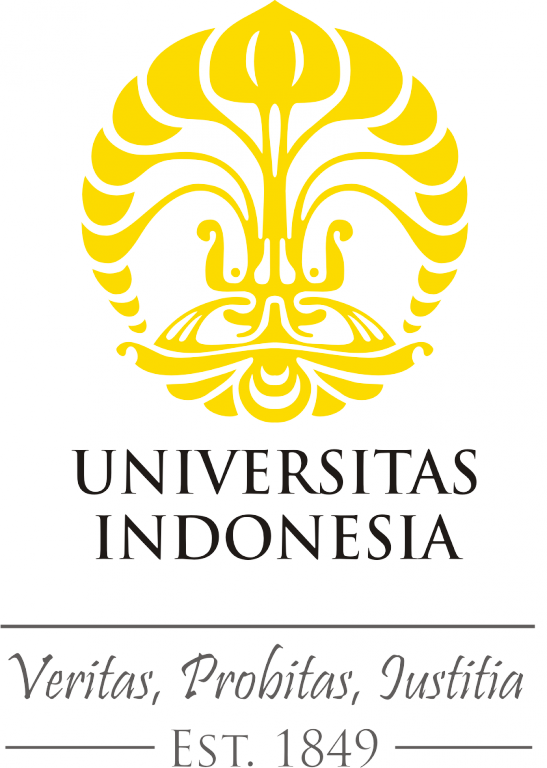
Universitas Indonesia


| Call Number | SEM-213 |
| Collection Type | Indeks Artikel prosiding/Sem |
| Title | FORMAL SPECIFICATION OF OBJECT-ORIENTED SYSTEMS |
| Author | Roger Duke; |
| Publisher | Technology of object-oriented languages and system Tools 4 |
| Subject | |
| Location |
| Nomor Panggil | ID Koleksi | Status |
|---|---|---|
| SEM-213 | TERSEDIA |
Object orientation has been promoted as a design strategy for software implementation, but it can be applied at any stage of software development. In particular, object orienta- tion is a powerful technique for formal system specification. In this tutorial we discuss Object-Z, an object-oriented extension to the Z specification language, which facilitates the specification of systems in an object-oriented style. Object- Z adopts the class concept to encapsulate a description of an object's state with its related operations. Complex specifications can then be constructed using inheritance and instantiation of classes. The resulting well-structured formal specifications assist understanding, provide a sound basis for verification, and ultimately facilitate object- oriented implementation. A formal specification is a first step in any formal software development. To date most specification work has been done using natural language with its inherent drawbacks of vagueness, ambiguity and lack of mechanisms for abstraction. Over the last decade these problems have been tackled by the development of formal software specification techniques. The technique to be covered in this tutorial, Object-Z, combines the rich notations of logic and set theory with the structuring of object-orientation. At the In- ternational Standards Organisation meeting in Korea in May last year, Z was recorded as a candidate formal specification technique for the modelling and specification of open distributed processing.